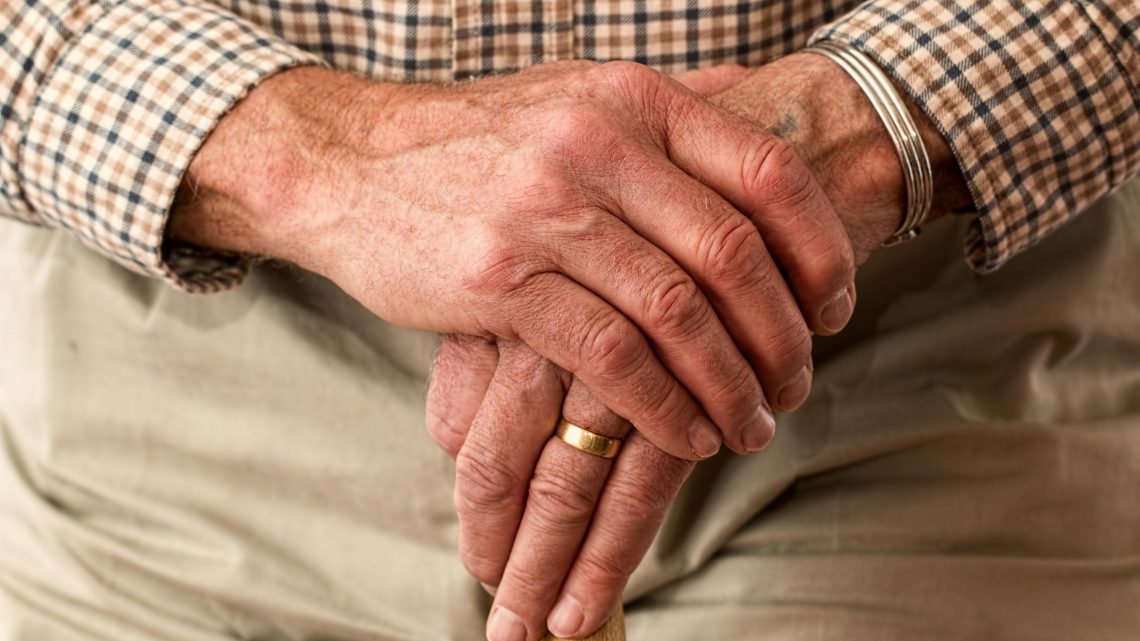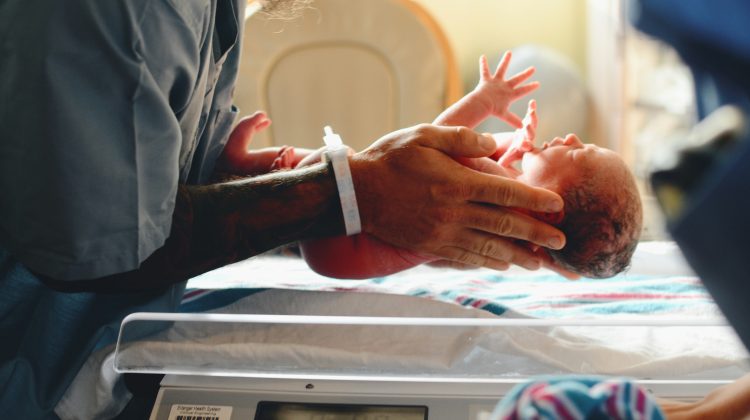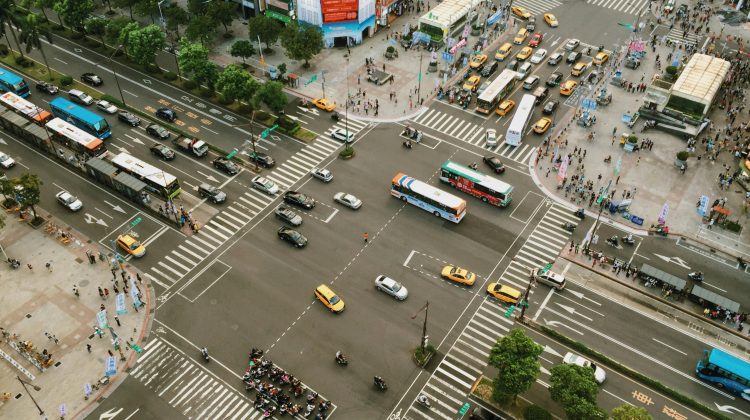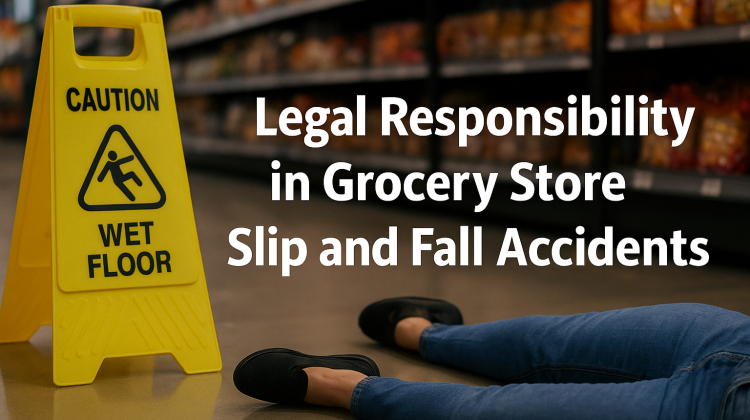As people age, the risk of falling naturally increases—but for older adults with spinal cord injuries (SCI), the consequences can be far more severe. Mobility challenges and reduced balance make fall prevention especially important. This guide offers practical strategies to help reduce fall risks and what to consider if a fall does occur in an unsafe environment.
Understanding the Risks
Spinal cord injuries affect motor function, sensation, and reflexes, all of which contribute to a higher risk of falling. When combined with age-related conditions like osteoporosis, vision loss, or side effects from medications, the likelihood of falls—and the severity of injury—only increases. Falls can happen during routine activities: transferring from a wheelchair to bed, navigating a cluttered hallway, or using the restroom.
Home Safety Modifications
Modifying the home is one of the most effective ways to prevent falls. Consider the following:
- Install grab bars and handrails in bathrooms and along stairs.
- Replace slippery flooring with non-slip options and secure any loose rugs.
- Improve lighting throughout the home, especially in hallways and entryways.
- Use smart devices like fall-detection sensors or voice-activated lighting for added safety and autonomy.
Mobility and Equipment Considerations
The right mobility equipment can be life-changing—but only if it’s well-maintained and properly fitted.
- Choose a stable wheelchair or walker that meets the user’s mobility needs.
- Schedule regular equipment maintenance to prevent mechanical issues.
- Use transfer aids like sliding boards or lifts to reduce fall risk during movement.
- Learn and practice fall recovery techniques with a trained professional, if possible.
Caregiver and Community Support
Caregivers play a vital role in supporting older adults with SCI. Fall prevention can be a shared effort:
- Work with caregivers to complete home safety checklists regularly.
- Explore community programs, physical therapy sessions, or support groups focused on SCI management.
- Encourage open communication about challenges and needs to adjust care accordingly.
Legal Considerations After a Fall-Related SCI Accident
In some cases, falls aren’t just unfortunate accidents—they may be the result of negligence. If an older adult with SCI suffers an injury because of unsafe conditions or inadequate care, legal action might be warranted.
When Is a Fall Legally Actionable?
A fall could be considered legally actionable if it was caused by:
- Negligence in care settings, such as hospitals or assisted living facilities
- Failure to provide proper supervision or mobility assistance
- Unsafe environments in public or private spaces, such as poor lighting, lack of handrails, or ADA violations
Premises Liability
Property owners have a legal duty to maintain safe environments. If that duty is breached and results in injury, the injured person may be entitled to compensation. This includes:
- Medical bills
- Pain and suffering
- Loss of independence or ongoing care costs
What to Do After a Slip-and-Fall Accident
If you or a loved one with a spinal cord injury experiences a slip-and-fall accident, it’s important to act quickly and carefully. Taking the right steps in the moments that follow can protect both your health and your legal rights.
- Get medical attention immediately.
- Document the scene: take photos, note hazards, and gather witness statements.
- Report the incident to the facility or property manager.
- Consult an experienced slip-and-fall accident attorney before speaking with insurers.
How Slip-and-Fall Accident Attorneys Can Help
A St. Louis slip-and-fall accident lawyer can:
- Investigate the fall’s cause
- Preserve time-sensitive evidence
- File a claim or lawsuit on your behalf
- Help secure financial compensation for long-term care and rehabilitation
Protecting Health, Preventing Harm: Take Action Against Falls
Falls are preventable—and for older adults with spinal cord injuries, prevention is critical to maintaining health and independence. With the right safety strategies and legal knowledge, individuals and caregivers can reduce fall risks and respond appropriately if an incident occurs. If you or a loved one has suffered a fall due to negligence, don’t hesitate to seek medical attention and legal support to protect your future.





No Comment